How To Create My Own Blockchain
15 Industries That Will Be Impacted by Blockchain
Blockchain technology is disrupting business as we know it.

Blockchain technology has forever altered the way people look at money, whether they know it yet or not. In fact, many people believe that blockchain will do for money what the internet did for e-commerce, media and communication. In short, blockchain has reduced the need for a trusted third-party to authenticate transactions; instead, it facilitates processing transactions on an open, distributed ledger.
So far, blockchain transactions have centered on the exchange of cryptocurrency across these ledgers. In the future, however, it is likely that blockchain will have a far greater impact across industries beyond bitcoin and cryptocurrencies.
Click through to find out which 15 industries blockchain will likely impact in addition to bitcoin and cryptocurrency alternatives.
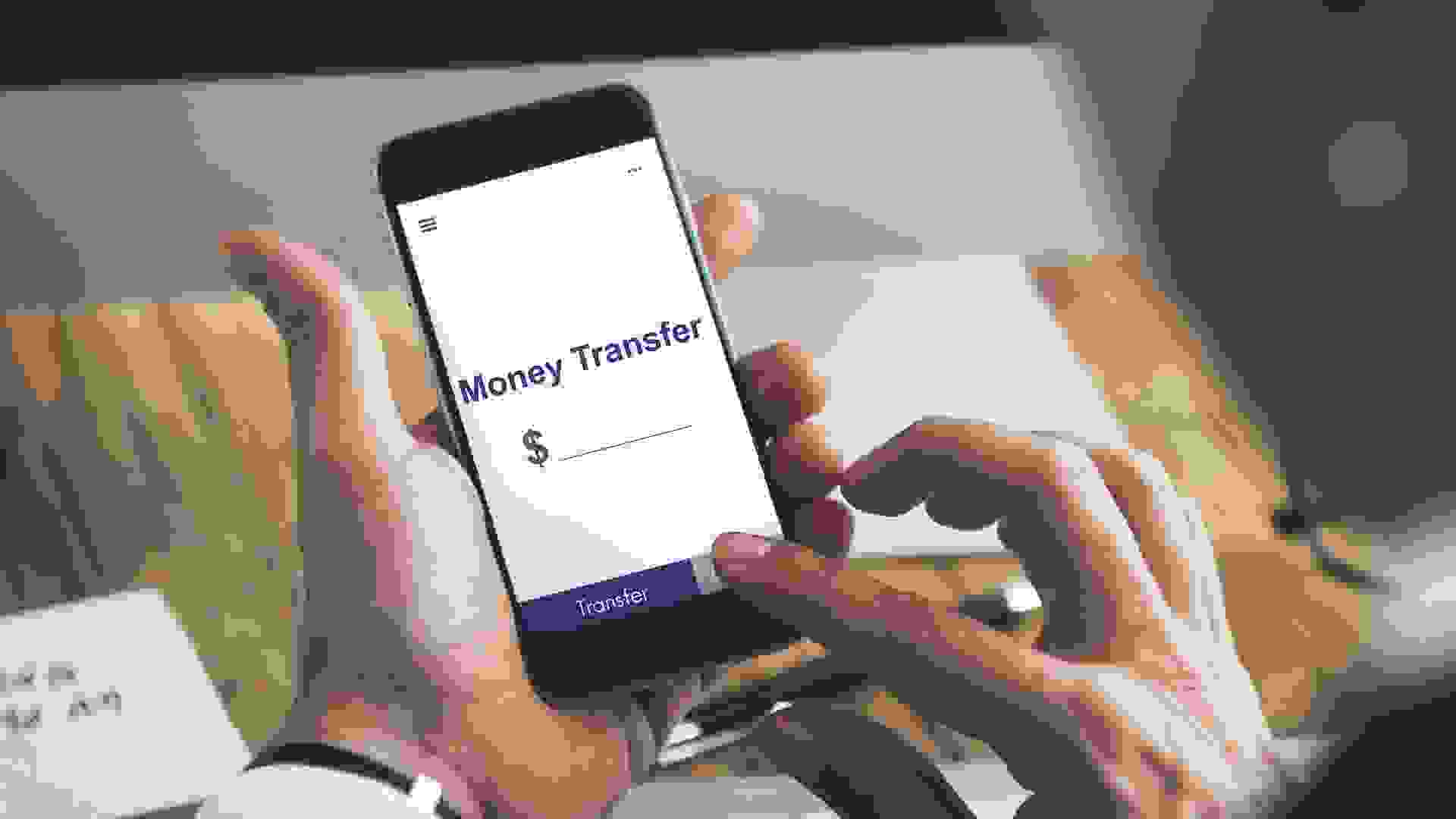
1. International Remittance Payments
Sending and receiving money across borders is riddled with high transaction costs, slow processing times and arduous regulatory oversight. Blockchain enables users to send money across borders with lower fees and lower processing times. Currently, financial institutions in Japan and South Korea are testing the blockchain technology from the cryptocurrency development team at Ripple, a real-time currency exchange and remittance network.
Click to learn more about bitcoin and investing in cryptocurrency.

2. Cybersecurity
A distributed ledger is decentralized, meaning it requires advanced cryptography to process transactions, which reduces the need for large-scale cybersecurity protocols to oversee databases or store them in centralized locations around the globe. Although several hacking events have occurred in blockchain applications, the shift to the technology in various industries will force cybersecurity experts to alter their organizations to accompany the shift.
Find Out: How Bitcoin and Other Cryptocurrencies Are Changing the Future

3. Agriculture
Global dietary changes and demands have fueled increased needs for transparency and tracking to determine non-GMO and gluten-free foods' origins. Blockchain has the capacity to authenticate the transfer of grains, livestock and other food staples to verify origination and track food quality.

4. Supply Chain Management
Blockchain could have its most significant impact on international supply chain management. Shipping between a seller and a buyer often requires a significant number of middlemen. Smart contracts — computer protocols that digitally facilitate, verify, or enforce contracts' negotiations or performances — on the blockchain would reduce the need for third-party intermediaries because they can trace the entire supply chain.
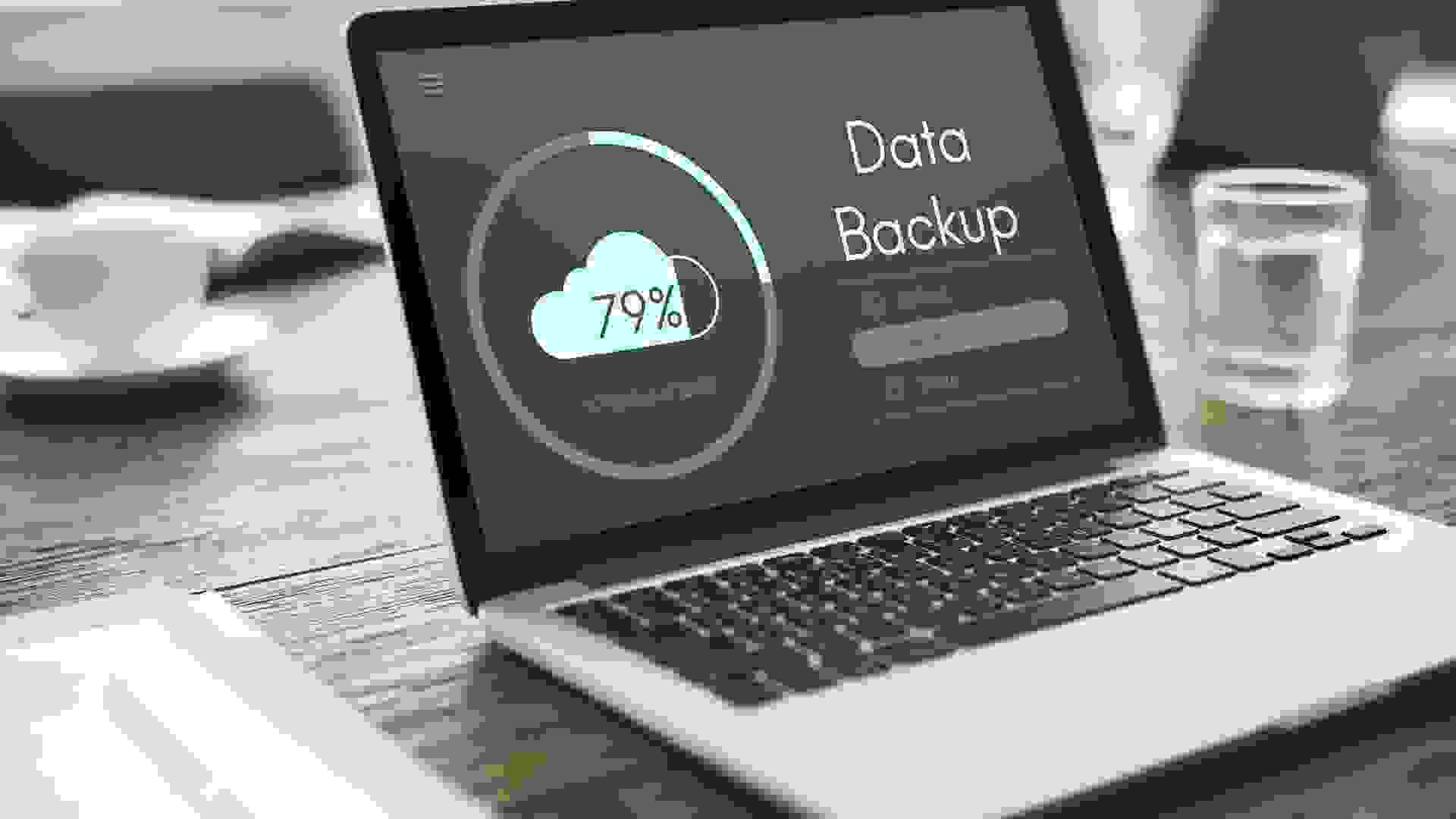
5. Cloud Storage
Blockchain storage applications are perhaps the only major threat to Amazon's dominance in the U.S. economy. Centralized services like Amazon Web Services are highly vulnerable to data loss, cybersecurity threats and user error.
Blockchain projects like Siacoin, however, create a decentralized cloud network that disseminates data across a massive grid of computer networks, enabling users to rent out hard drive space on which others can store data. Projects like these could dramatically reduce the threat of data loss and reduce incentives for hackers.
Read This: Inside the Life of a Real Cryptocurrency Miner
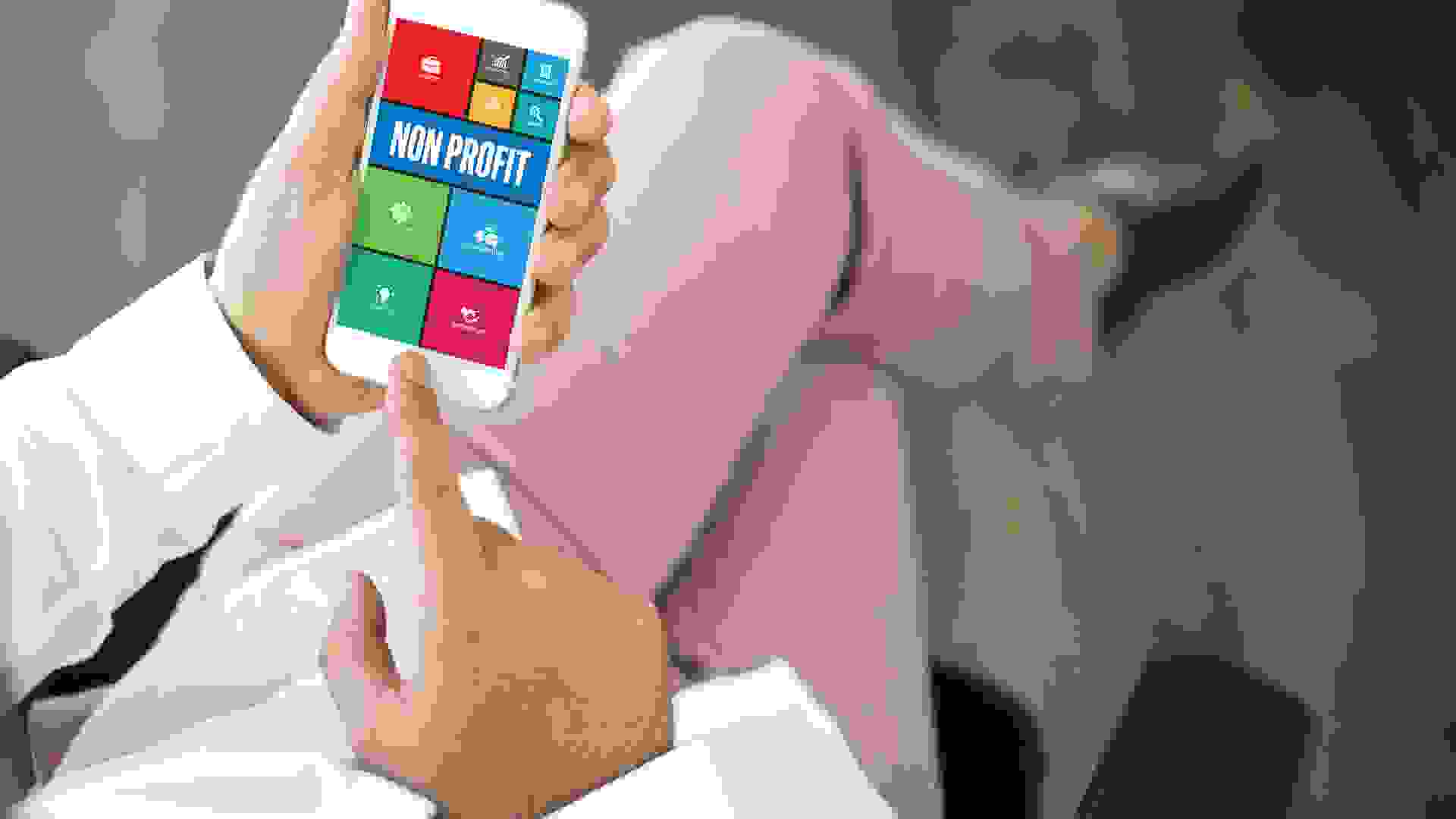
6. Nonprofits
Sadly, one of the biggest problems plaguing nonprofits and charities today is widespread theft and corruption. The nature of the public ledger enables individuals to track the flow of money across multiple transactions, which would provide greater transparency and insight into how donated money flows from nonprofits to recipients.
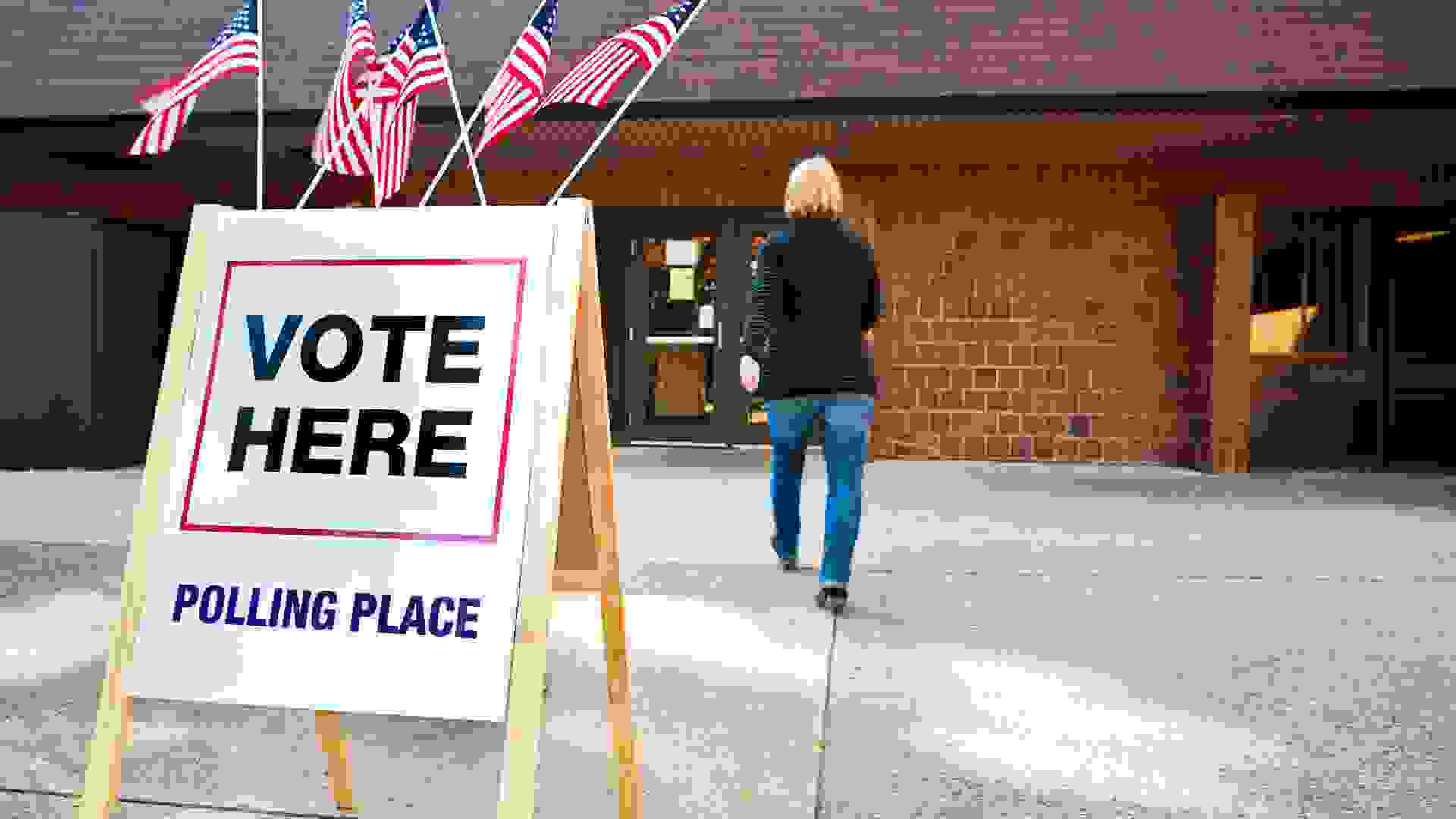
7. Election Confirmations
U.S. and foreign elections have faced voter fraud issues. Assuming that governments would allow it, blockchain would ensure voter identity and voter registration — and guarantee the authenticity of each person's vote. Democracy Earth is one platform that aims to ensure more free and fair elections by utilizing blockchain technology.
Read: How Every Stock in the Dow Performed Over Trump's First Year

8. Healthcare
Hackers have exploited the records systems of hospitals and insurance companies for years, raising concerns about patient privacy and security. Enter blockchain, which could help hospitals significantly improve record keeping and sharing patient records, as well as significantly reduce referral and other waiting periods that slow care and affect public health.

9. Real Estate
When blockchain technology burst onto the scene, the concept of "smart" contracts excited real estate agents. The process of buying and selling real estate is a long process riddled with bureaucracy and delays for parties to "close" on a deal. Blockchain can speed up those mid- and back-office functions and enable individuals to track, verify and sign key documents — like tax records, deeds and insurance — much faster.
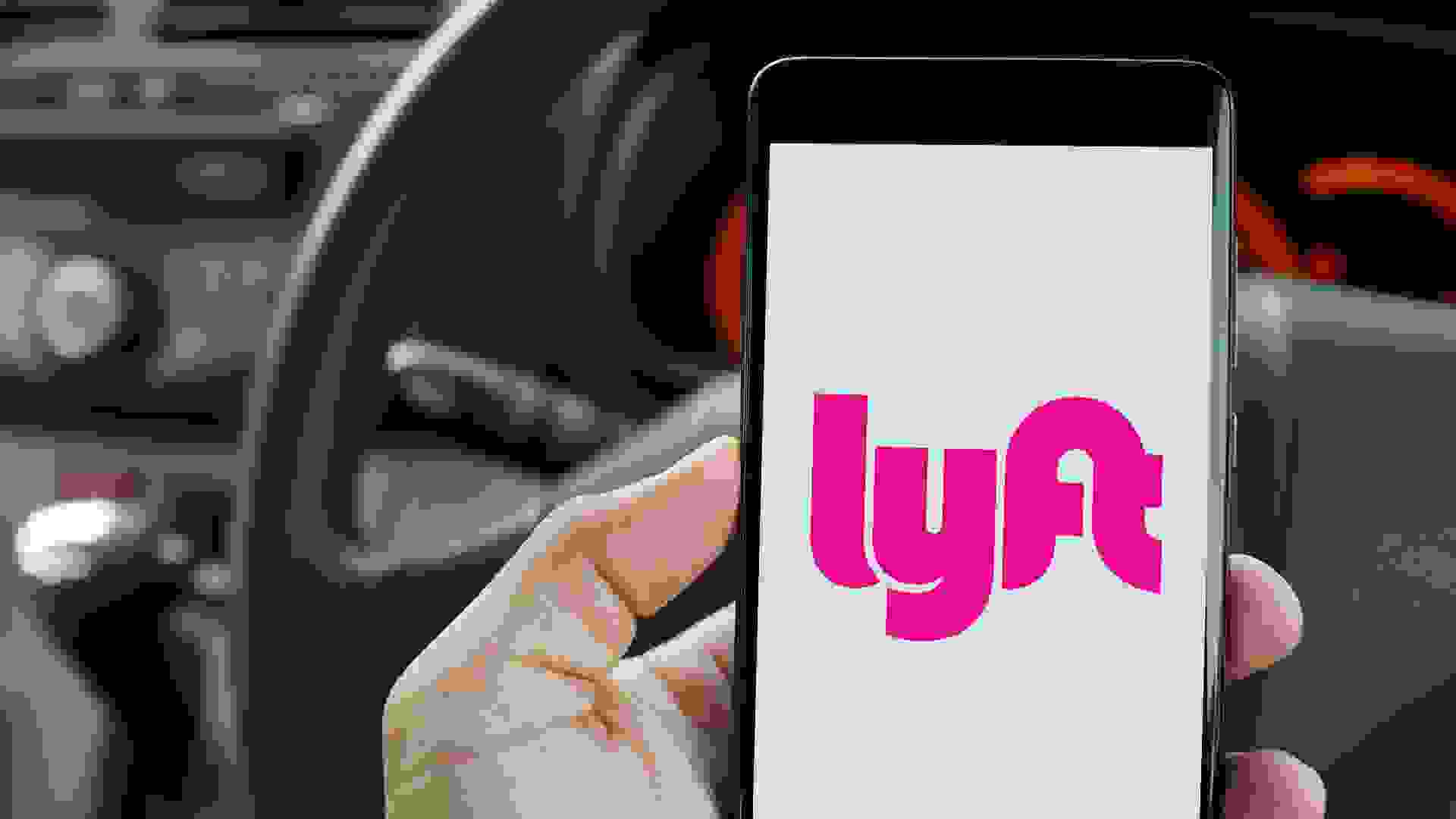
10. Ride-Sharing
Uber and Lyft currently dominate the ride-sharing space. Blockchain technology, however, could alter the future of the industry by empowering individual drivers and reducing their reliance on a third-party managing their customer interactions. New startups like Arcade City and La`Zooz will allow drivers and passengers to arrange fares and engage in commerce without using Uber or Lyft.
Explore: 11 Things You Must Know Before Driving for Uber or Lyft

11. Government
Dubai's government took the lead on blockchain development by committing to moving all of its documents onto decentralized ledgers by 2020. Blockchain is viewed as a means to improving transparency, efficiency and security at the government level, and the U.S. government is exploring the technology to use for purposes tied to border security, illness tracking and logistics management.

12. Professional Sports
The sports world has been rocked by controversy in the last three decades, thanks to athletes using steroids and other performance-enhancing drugs. Many athletes who were caught doing it, however, have claimed that doctors bungled their drug testing samples. Blockchain's transparent transaction logs would ensure blood samples and other tests are tracked seamlessly, which would eliminate human error and clean up the sports industry.
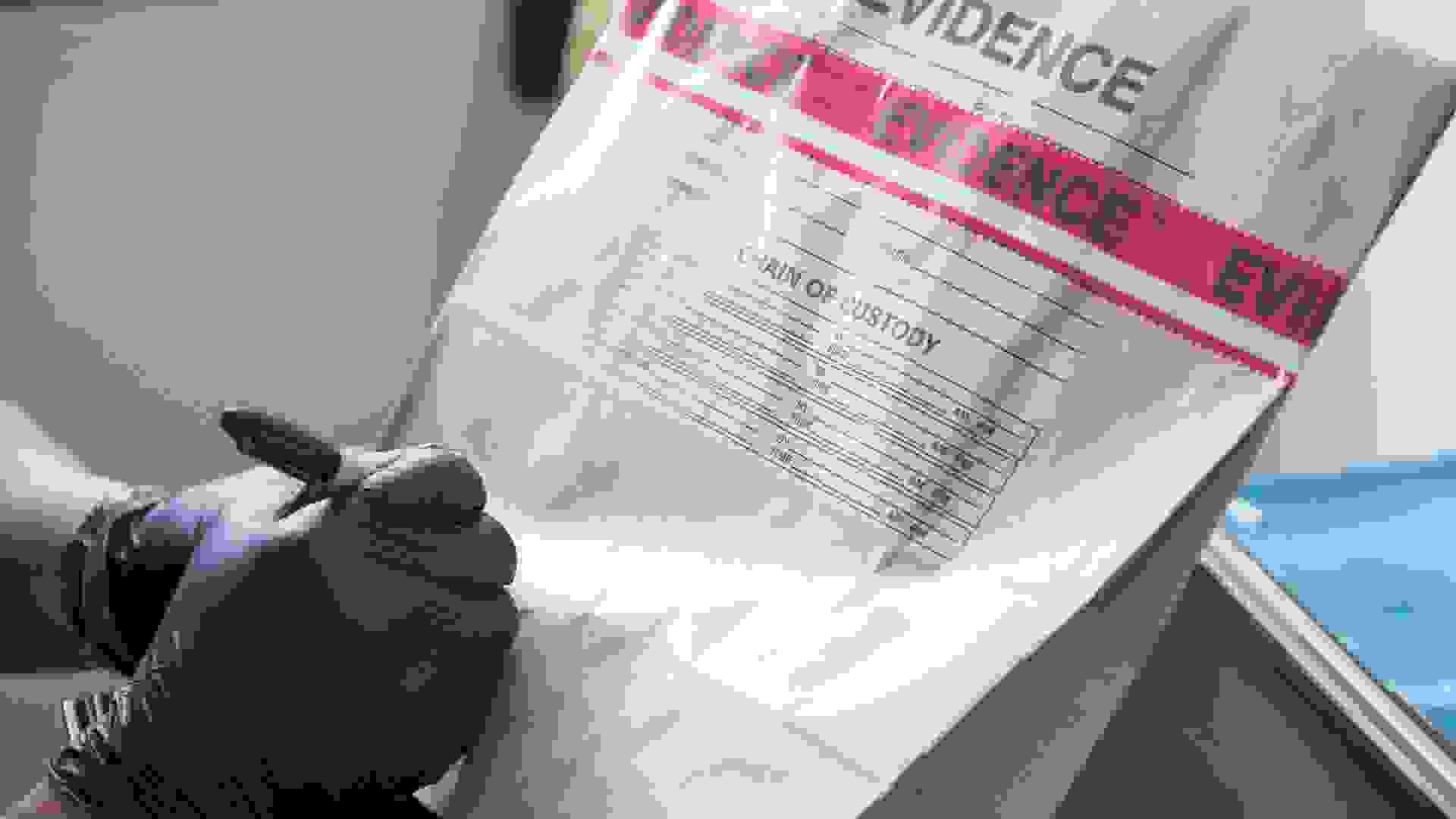
13. Forensic Evidence
The legal and law enforcement industries have faced serious challenges with DNA and evidence tracking in recent decades. Human error and lost samples have enabled guilty parties to walk free, and people have been sent to prison for crimes they did not commit. Blockchain could track records, evidence and blood samples to ensure justice is served.
Ultimately, this change might even be able to reduce enormous state spending on prisons.

14. Music Streaming
Musicians lose an estimated 86 percent of their royalties to illegally downloaded and streamed music. Blockchain technology would enable musicians to track customers' downloading activities without the need for a third party — like a record company — to collect and distribute the royalties. Imogen Heap, a Grammy-winning musician, created a blockchain-streaming platform called Mycelia, which aims to address these concerns.

15. Online Travel
Expedia and Priceline dominate the travel market, controlling two-thirds of the international booking market and 95 percent of the U.S. market and dramatically reducing competitive pressures and price-fixing. Blockchain technology could enable consumers to do away with the middlemen and connect directly with hotels, airlines and other hospitality companies. One blockchain firm engaged in the space is Winding Tree, which operates an open-source platform dedicated to reducing third-party fees.
Up Next: 7 New Banking Technologies You'll See in the Next 5 Years
About the Author
How To Create My Own Blockchain
Source: https://www.gobankingrates.com/investing/crypto/industries-impacted-by-blockchain/
Posted by: damianoupinedegs.blogspot.com

0 Response to "How To Create My Own Blockchain"
Post a Comment